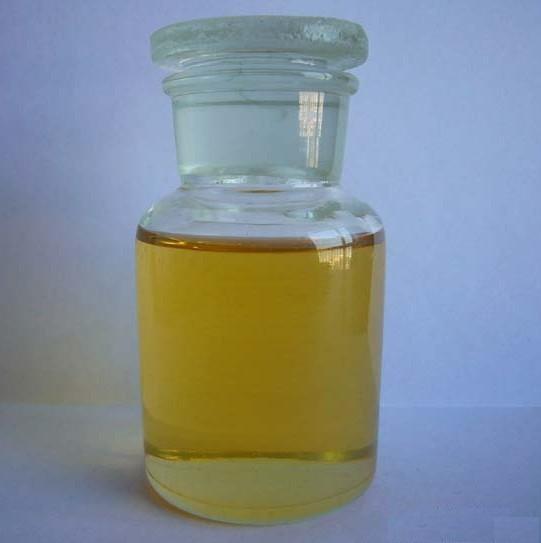The oxidized polyethylene wax emulsion is roughly evenly dispersed in the system. After construction, the distribution of wax particles has a shiny film surface behind the dry paint film impact surface, and Because different types of wax additives have particle size distributions, when carried out, they will produce different degrees of diffuse reflection after light irradiation, which will have different effects on the gloss of the coating film. Since the current styles of wood are different, the pursuit of high gloss or matte still requires a certain anti-slip effect, and the appropriate wax emulsion should be selected according to specific needs.

1. Oxidized polyethylene wax emulsion can significantly improve the gloss of the coating. The smaller the particle size of the wax additive, the more obvious the improvement in gloss. The larger the particle size, the better. The improvement in anti-wear properties is obvious. The effect of emulsion particle size on coating gloss is that the wavelength of visible light is 400-700nm. When the particle size of oxidized polyethylene wax emulsion is less than 1/2 of the wavelength of visible light, that is, 200nm, light diffraction will occur. This can improve the gloss of the coating. It is generally believed that the greater the change in the particle size of the wax emulsion, the more obvious the gloss effect; in addition, there is a certain relationship between the coating gloss and the crystallinity of the wax. The particle size of oxidized polyethylene wax emulsion has reached the nanometer level, making it a good surface protectant for high-gloss ink systems.
2. Can oxidized polyethylene wax emulsion provide high slip, certain wear resistance and scratch resistance? The use of oxidized polyethylene wax emulsion can not only improve the paint quality The scratch resistance of the film can also affect the adhesion and gloss of the paint film. The surface of the coating film can be dispersed evenly, and a wax protective film will be formed on the coating film, thereby reducing the friction coefficient; this can improve the friction resistance of the coating, improve slippery and scratch resistance.

 微信扫一扫打赏
微信扫一扫打赏

